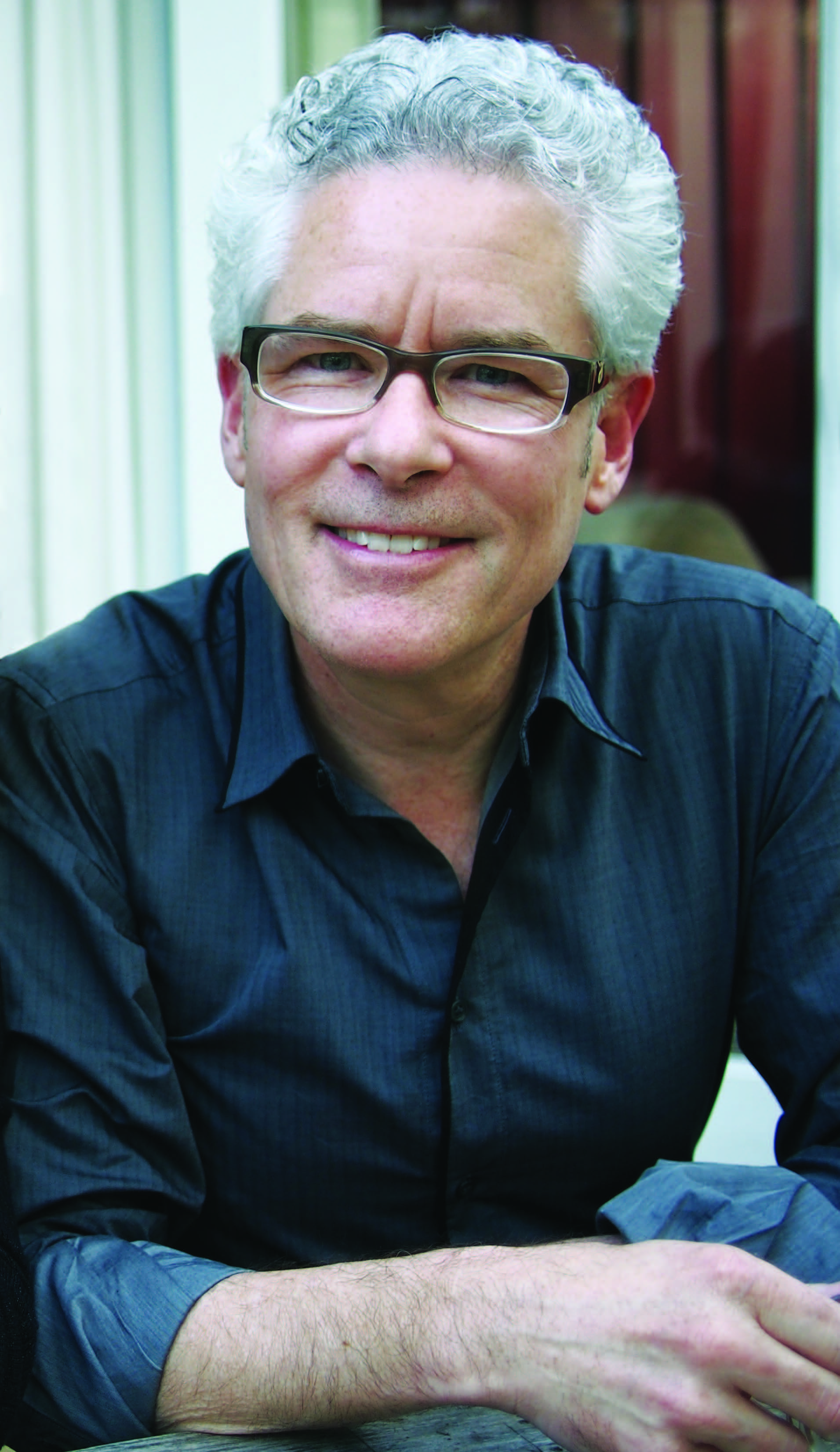Value, Trauma, and the Future of Humanity
Annual Hartnack Lecture by R. Jay Wallace Followed by a reception. All are welcome.
Oplysninger om arrangementet
Tidspunkt
Sted
Aarhus University, 1441/012 (Auditorium 1)

About the Hartnack Lecture
On the occasion of his 90th birthday, May 29 2002, the Annual Justus Hartnack Lecture was inaugurated in gratitude to his service, and to help preserve the international outlook that Hartnack gave to the Aarhus Philosophy Department from its beginning. The honour of giving the Annual Hartnack Lecture is given to an internationally recognized and distinguished researcher, who has made outstanding contributions in philosophy.
“Value, Trauma, and the Future of Humanity”
Abstract: It has recently been argued that the value of our most important projects and activities depends on the Afterlife: the continued existence of the human species in future generations. The argument (which is due to Samuel Scheffler) begins with a speculative psychological hypothesis, to the effect that our lives would be drained of meaning and significance if we believed that those of us who are currently alive would be the last humans to inhabit the earth. I want to show that even if we accept this hypothesis, it wouldn't follow that the Afterlife is a genuine condition for the value of our projects and activities. We should accept that the imminent extinction of the species would deprive our activities of value only if we can articulate how the things that make them good would be unattainable in the absence of the Afterlife. But for many of the activities that most importantly contribute to the significance of our lives, this challenge cannot be met. How then to understand the speculative psychological hypothesis that peoples' sense of the value of their activities would be affected by the knowledge that our species will not continue into the future? I argue that we should interpret this reaction as a form of psychic trauma: an inability, in the wake of a distressing experience or discovery, to find value in activities that are nevertheless genuinely good. The question that we need to address is why, exactly, the realization that there will be no Afterlife would induce in us a traumatic reaction of this familiar kind.
R. Jay Wallace: Biography
R. Jay Wallace is Professor of Philosophy at the University of California, Berkeley. He works in moral philosophy, with interests in all parts of the subject (including its history), and such allied areas as political philosophy, philosophy of law, and philosophy of action. His research has focused on responsibility, moral psychology, and the theory of practical reason. Recently he has written on promising, normativity, constructivism, resentment, hypocrisy, love, and regret and affirmation (among other topics). He is the author of several acclaimed and influential books, such as Responsibility and the Moral Sentiments (Harvard UP 1998), Normativity and the Will (Oxford UP 2006), and most recently The View From Here. On Affirmation, Attachment, and the Limits of Regret (Oxford UP 2013).
Wallace was educated at Williams College, Oxford and Princeton Universities, and has taught at Wesleyan University, the University of Pennsylvania, and the Humboldt-Universität zu Berlin, and has held visiting positions at the Universität Bielefeld, in the Research School of Social Sciences at the Australian National University, at the Humboldt-Universität zu Berlin, at the University of Canterbury in Christchurch (New Zealand), and at the Ludwig-Maximilians-Universität München. His honors include a Fellowship from the John Simon Guggenheim Memorial Foundation and a senior Research Award (“Forschungspreis”) from the Alexander von Humboldt Foundation.
